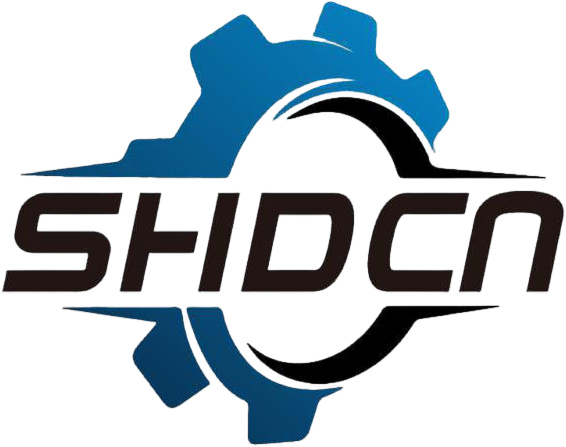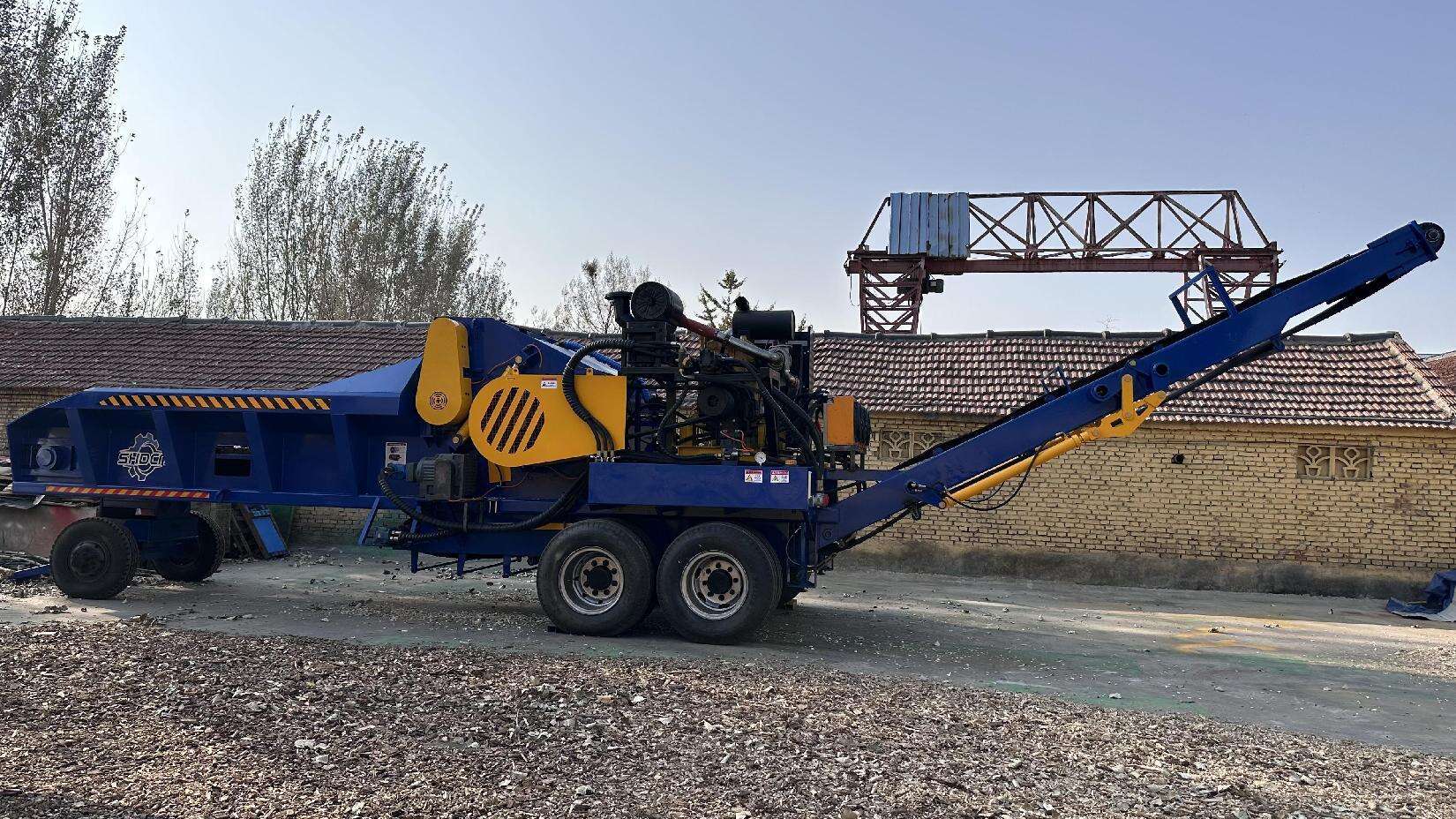In biomass processing, advanced wood chippers are critical devices for achieving maximum efficiency and productivity. These modern devices not only allow for optimumal production, but are equally effective in preserving environmental sustainability. Furthermore, advanced wood chippers are technologically refined, incorporating features that improve the speed of energy consumption. The following content will delve into the many ways advanced wood chippers are transforming the emerging innovations in biomass processing.
Business owners looking to maximize productivity need to start with modern wood chippers. To discriminate them from traditional models, modern wood chippers boast the latest mechanisms that guarantee minimum energy consumption and maximum efficacy. With powerful engines and ultra sharp blades able to shred both hardwood and softwood, modern wood chippers can be effortlessly integrated into a variety of biomass applications. Investing in these advanced machines guarantee reduced operational costs and improved overall productivity.
In addition, the latest models of wood chippers have additional features that enhance safety and ease of operation. In addition, many models feature automation that can help diminish the likelihood of accidents occurring during the operation of the unit. Some chippers, for example, have special sensors that can turn the machine off if there is something blocking it. This will protect the equipment and also keep those working with the equipment safe. When companies think through safety measures, they will improve workplace productivity and decrease the time lost in operating equipment, thereby increasing overall productivity.
Meeting safety requirements is just one part that enables many businesses to provide better effective work environments. Focusing on staff productivity allows for creation of store optimum raw volume for biomass processing. Further, this improvement will require staff to operate machinery with aid advanced wood chippers that ensure end product quality. These types of wood chippers are able to produce wood chips of varying dimensions for biomass fuel production, landscaping, and many other uses. Standardized chip size allows for better combustion in biomass boilers that ensures enhanced energy output while reducing emissions. This ensures businesses are able to easily attain the required quality and control necessary to gain regulatory standards set and surpasses customer expectations, especially those that focus on renewable energy use.
Also, the incorporation of smart technology into modern wood chippers enables real-time monitoring and data analytics. Operators are able to measure the chip size, the rate of chipping, and the amount of fuel used during the operation. Such information can be very helpful in strategic maintenance, operational adjustments, and other decisions that can increase productivity. With the help of technology, companies are able to cope with the processing of biomass so that they remain competitive in the always-evolving industry.
The biomass processing industry is currently undergoing significant transformation and advancement as a result of increasing demand for renewable energies. Adopting new technological advanced wood chippers will not only increase a company’s operational prowess, but significantly improve their productivity as well, thus leading to the attainment of a more sustainable future. The growing shift towards automation and smart technology in machinery will continue in the coming years, and therefore the prospects for efficiency gains will be even greater. Companies that opt to integrate these emerging technologies into their operations will have the chance to position themselves as pioneers in the biomass processing market and efficiently harness the biomass processing technologies of the future.

